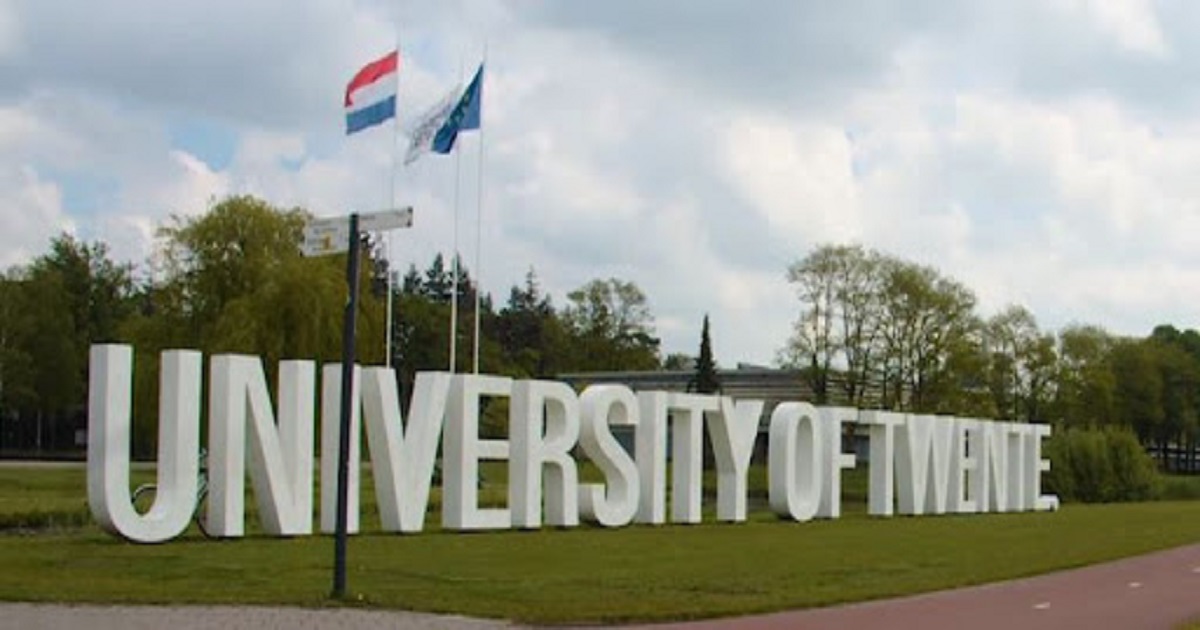
The ‘power-to-hydrogen’ strategy aims at splitting water into O2 and H2 via the oxygen and hydrogen evolution reactions. This approach can generate climate-neutral fuel and sustainable chemical synthesis using renewable energy sources, effectively storing energy and coupling different sectors. For the water-splitting reaction, electrocatalyst materials are required, which reduce the amount of energy needed to generate a given amount of gas. These materials must be made of earth-abundant and safe materials, and must be efficient at catalysing the reaction to increase efficiency and stable under reaction conditions. In the Inorganic Materials Science Group, we approach this fundamental research question through a special materials-by-design approach and through novel characterization tools.
The key scientific question for this PhD project regards the role of magnetic properties of the electrocatalyst. The fact that O2 is a magnetic molecule but water is non-magnetic has experimentally been largely overlooked to date. Theoretically, it has recently been revealed that the overall efficiency benefits from a magnetically ordered electrocatalyst, because it enables generation of oxygen in its ground state – but experimental verification and technological exploitation remain almost unexplored.
In the project MagCats, we set out to experimentally proof or negate this prediction. We use a unique combination of well-ordered thin film surfaces and interfaces as a model system to control atomic, electronic and magnetic order, and an advanced characterization suite including up-to-atomic resolution fingerprinting of the magnetic properties. Thus, we will identify atomic structure – magnetic property – electrocatalytic function relationships that may stimulate a paradigm shift for optimization strategies of water splitting catalysts, and therefore for efficient electrochemical conversion and storage of renewable energy.
The research will be pursued by one PhD student at the University of Twente, in close collaboration with a postdoc at Eindhoven University of Technology and supported by international theory and characterization partners. The PhD student will be supervised Asst. Prof. Chris Baeumer and Prof. Gertjan Koster within the Twente Graduate School.
YOUR PROFILE
- You are a highly motivated, enthusiastic, and self-driven researcher (F/M/D).
- You have a MSc degree in Chemistry, Physics, Materials Science or equivalent, with excellent experimental skills.
- You have a keen interest in Materials Science, Electrochemistry and bridging Chemistry and Physics.
- You have strong analytical skills and can interpret complex data in a broader scientific context.
- You are fluent in English.
OUR OFFER
You will be appointed on a fulltime position for 4 years, with a qualifier in the first year, within a very stimulating scientific environment. The university offers a dynamic ecosystem with enthusiastic colleagues. Salary and conditions are in accordance with the collective labor agreement for Dutch universities.
- Monthly salary ranging from € 2.541- gross at the start to € 3.247,- gross in the 4th year.
- Excellent benefits including a holiday allowance of 8% of the gross annual salary, a yearly bonus of 8.3% and a solid pension scheme.
- A minimum of 29 holidays per year in case of fulltime employment;
- A training program in which you and your supervisors will make a plan for additional suitable education and supervision.
- As a Ph.D. candidate you will be enrolled in the Twente Graduate School.
- We encourage a high degree of responsibility and independence, but also stimulate interaction and discussion with colleagues.
INFORMATION AND APPLICATION
For more information, please contact Dr. Chris Baeumer (c.baeumer@utwente.nl). The application should include a motivation letter emphasizing your research interest and motivation to apply for this Ph.D. position, a detailed CV, contact details of at least 2 referees, an academic transcript of B.Sc. and M.Sc. education and a TOEFL or IELTS score to verify sufficient mastering of the English language. An interview will be part of the selection procedure. Applications should be submitted to Dr. Chris Baeumer (c.baeumer@utwente.nl).
![Sydney University [AU]: Research and Academic Opportunities](https://scholaridea.com/wp-content/uploads/2020/12/University-of-Sydney-768x403.jpg)
![Postdoctoral and Research Opportunities at McGill University [CA]](https://scholaridea.com/wp-content/uploads/2020/06/mcgill-university-30-may-2019-768x402.jpg)
